Trump threatens Comey with 'years in jail' over FBI Russia report
US President Donald Trump has threatened former FBI director James Comey with “years in jail” over the bureau’s Russia investigation.
The threat came after Comey admitted in an interview with Fox News Sunday that he was "overconfident" when he defended his former agency's use of the Foreign Intelligence Surveillance Act (FISA) during a probe into the alleged Russian interference in the 2016 US presidential election.
According to Inspector General Michael Horowitz’s new report, there had been 17 “significant errors and omissions” made by the FBI’s investigative team when applying for a FISA warrant to surveil Carter Page, a former Trump campaign adviser in 2016.
"He's right, I was wrong," Comey said about how the bureau used the FISA process. “I was overconfident in the procedures that the FBI had built over 20 years. I thought they were robust enough. It’s incredibly hard to get a Fisa and he was right there was real sloppiness. It was not acceptable.”
The president followed up by attacking Comey, whom he fired in May 2017, saying he was admitting “because he got caught red-handed.”
So now Comey’s admitting he was wrong. Wow, but he’s only doing so because he got caught red handed. He was actually caught a long time ago. So what are the consequences for his unlawful conduct. Could it be years in jail? Where are the apologies to me and others, Jim?
— Donald J. Trump (@realDonaldTrump) December 15, 2019
The FBI effort, according to The New York Times, was soon absorbed into the special counsel Robert Mueller’s investigation which was completed in March, and the Justice Department released a redacted copy of the report in April.
House Judiciary Committee Chairman Jerrold Nadler said later that he believed there was "substantial evidence" that Trump committed high crimes and misdemeanors.
The Mueller report laid out numerous contacts between Russian officials and Trump's campaign, but found no evidence of a criminal conspiracy.
It also gave examples of 10 incidents in which Trump sought to hinder the investigation, but it did not draw any conclusions on whether Trump obstructed justice. Attorney General William Barr later concluded he did not see enough evidence to bring obstruction charges.
Iranian academic sentenced to 4 years in prison in France for supporting Palestine
VIDEO | Press TV's news headlines
Russia: West seeks to repeat past ‘plunder’ of Iran’s oil
Herzog visits Ethiopia to expand Israeli footprint in Africa
VIDEO | Sunni family's legacy of sacrifice inspires unity, solidarity in Iran
VIDEO | Israeli restrictions force World Central Kitchen to halt Gaza meals
Exclusive: China voices support for Iran’s stability amid US threats
Border guards seize weapons, ammo cache from terrorists in southeast Iran




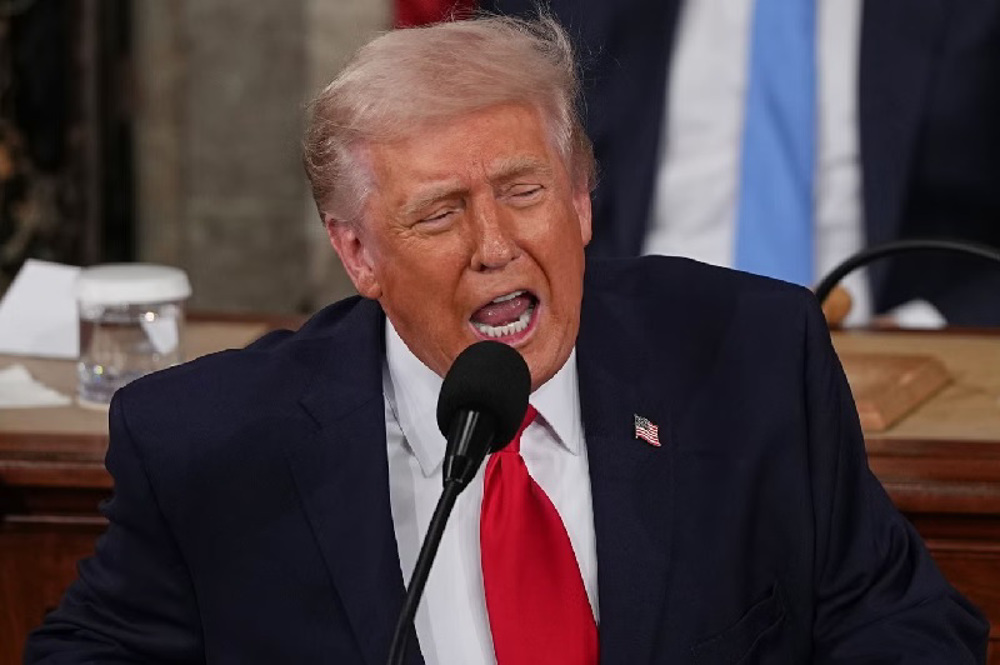
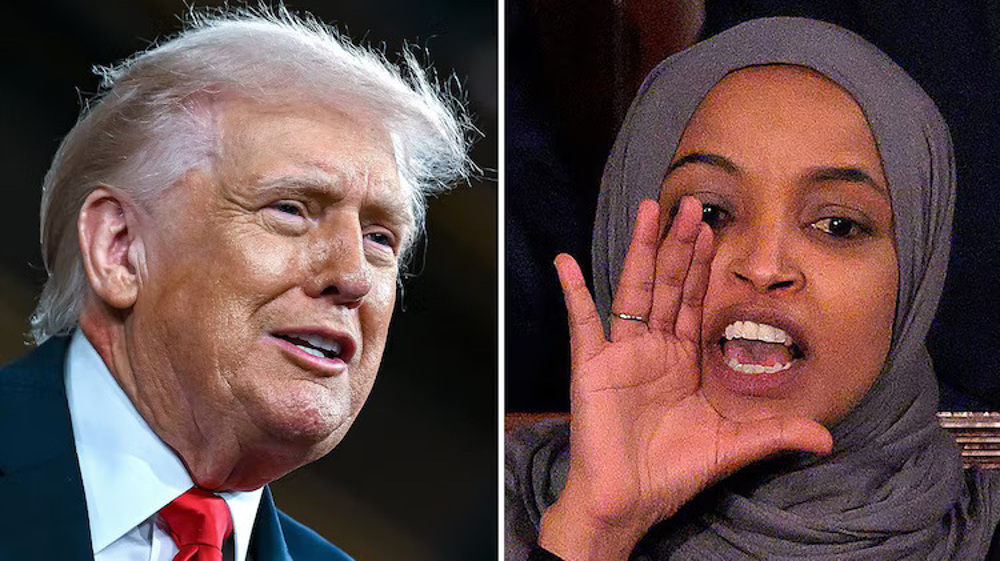
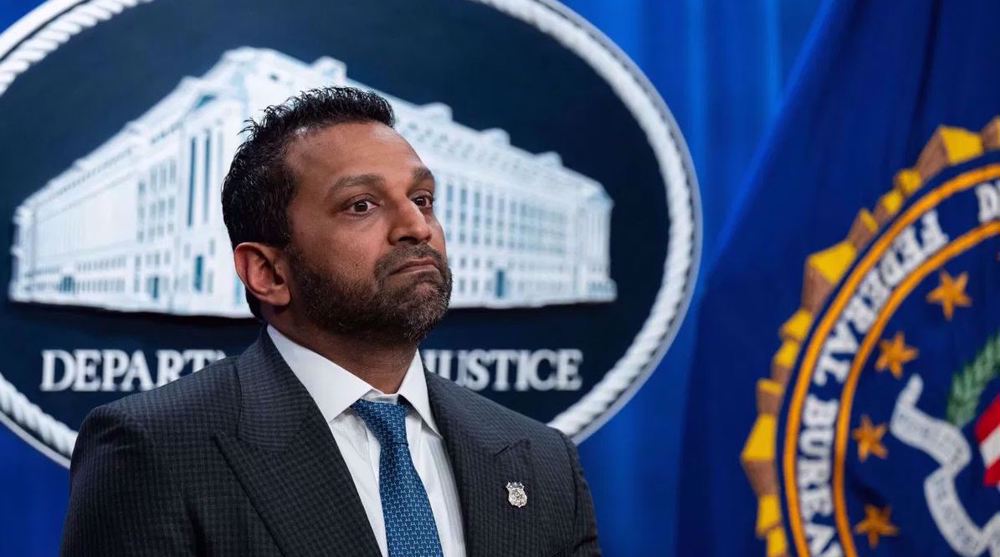



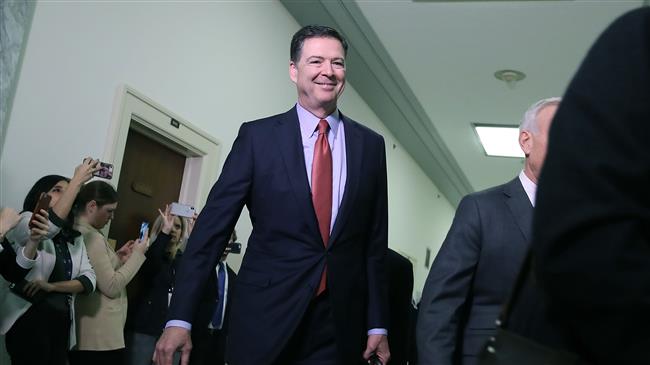
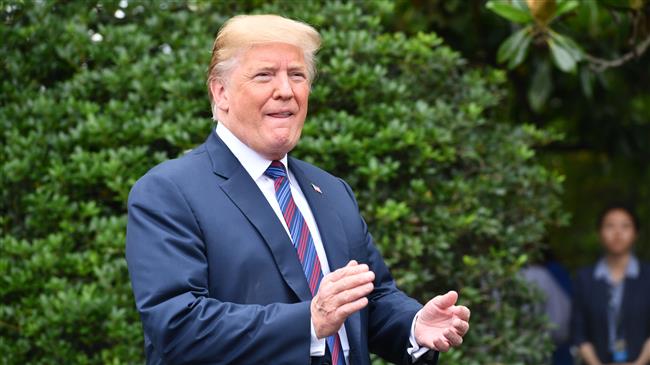
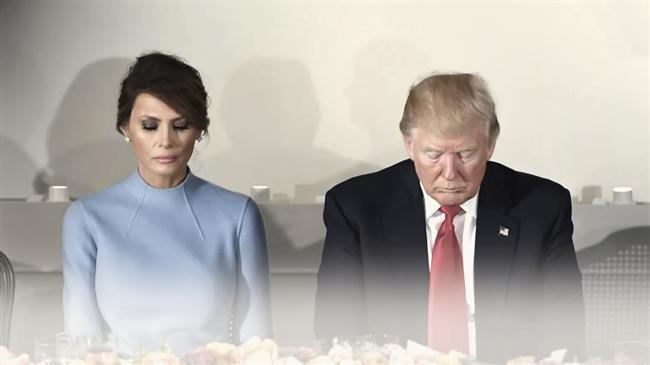

 This makes it easy to access the Press TV website
This makes it easy to access the Press TV website